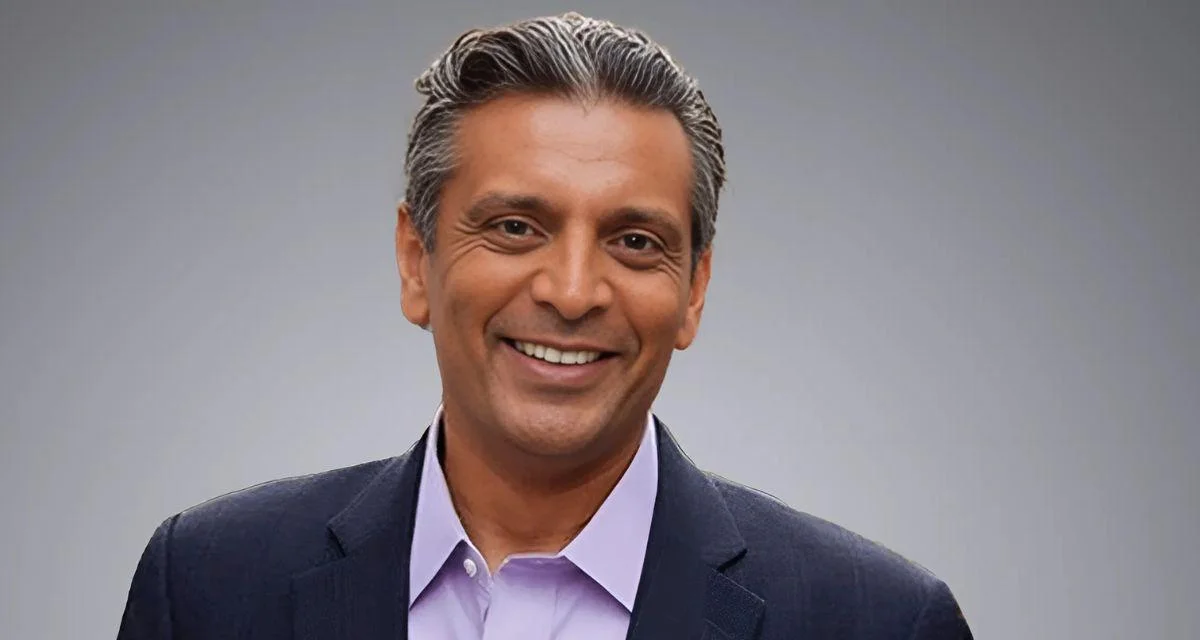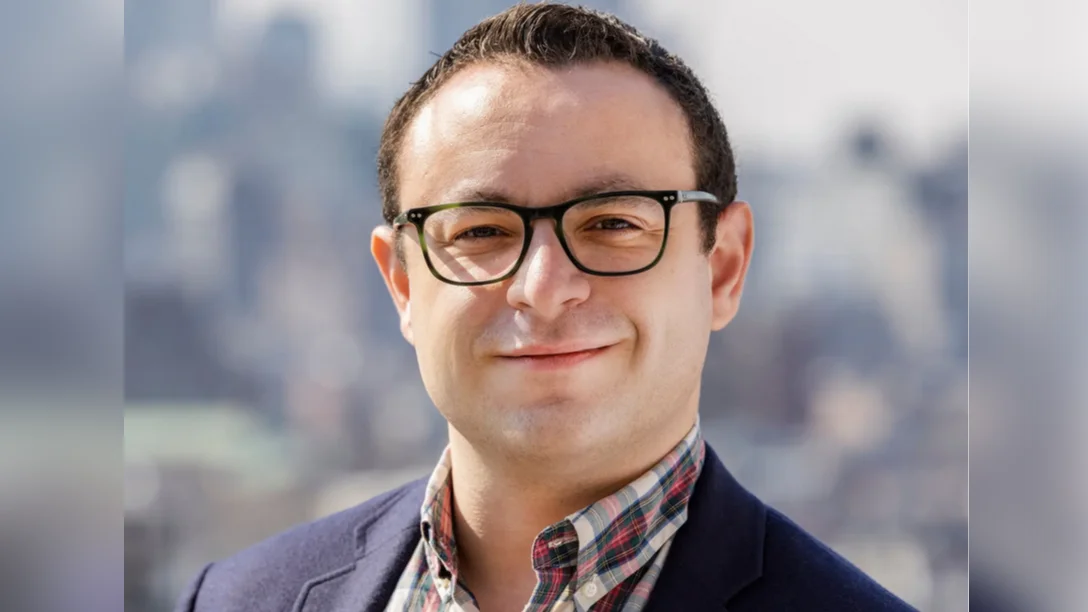The recognition from Forbes came as FedEx participated in several events during Climate Week NYC. The company organized discussions with customers, civil society groups, and scientific experts to address challenges and scale solutions related to sustainability.
FedEx also hosted a roundtable with Foreign Policy that brought together participants from science, policy, finance, and business sectors to discuss ways to expand natural carbon removal techniques. During another event, Blanks Ellis joined aviation leaders on stage to advocate for multiple approaches to help the global aviation industry achieve its sustainability targets. These include increasing production of sustainable aviation fuels (SAF), improving air traffic control systems, adopting more energy-efficient aviation technologies, and establishing a global framework for managing international aviation emissions.
In a Q&A session during Climate Week NYC, Blanks Ellis reflected on her experience: “It’s certainly an honor, and I’m grateful, but the truth is everything we do in this space is collaborative. I have the privilege of working alongside teams at FedEx who are focused on finding practical solutions across our business—like our air operations team members identifying creative fuel conservation opportunities, or our procurement and finance teams helping us execute our sustainability strategy in line with the needs of the business. More than anything, I am coming away from this week energized from learning from my CSO peers, our customers, and FedEx nonprofit partners who are all committed to advancing this important work.”
Discussing how sustainability aligns with business strategy at FedEx during a period of transformation for both the company and industry at large, she said: “It is a pivotal time for FedEx and for corporate sustainability. Since 2022, we have been undergoing the largest transformation in our company’s history. We are working to improve network efficiency, modernize our systems, and harness the insights from the rich amount of data we have from operating our extensive global network. Sustainability is a natural complement and further ensures that we are building for the long term.
FedEx is relatively unique in the transportation industry in that we own many of the assets in our network, so addressing our direct emissions is a core focus of our sustainability strategy. The progress we make in that area is meaningful—both for our own business as well as for our customers. What we do within our network is ultimately in service to our customers; our Scope 1 direct emissions show up in their own carbon accounting as their Scope 3 value chain emissions.”
On nature-based carbon capture solutions as part of FedEx's long-term plans for reducing residual emissions—especially those related to aviation—Blanks Ellis commented: “The scientific consensus is clear: achieving climate objectives requires carbon removals. While decarbonizing our operations remains the priority as we work towards our goal of carbon neutral global operations by 2040, residual emissions will persist—especially in aviation.
Through the vision of our late founder, Fred Smith, the $100M investment by FedEx to help establish the Yale Center for Natural Carbon Capture has already advanced the scientific body of work on carbon capture methods like enhanced weathering—a geological technique accelerates the chemistry of the Earth’s natural carbon cycle by placing basalt rock on agricultural fields. But beyond that, I get most excited by the fact that enhanced weathering can benefit farmers by improving soil health, increasing crop yields, and providing them with a new revenue stream.
But there will not be sufficient quality carbon removals available to meet the needs of hard-to-abate industries like ours if we don’t work collectively to scale up the market. That’s why FedEx convened a group of potential corporate buyers, project developers, financial institutions, policy influencers, and standard-setters during Climate Week for an honest discussion about what needs to happen next. We know that science will continue to evolve. But we already know enough about these techniques to build greater public understanding and to scale up the amount of excess carbon removed using them.”
 Alerts Sign-up
Alerts Sign-up



































